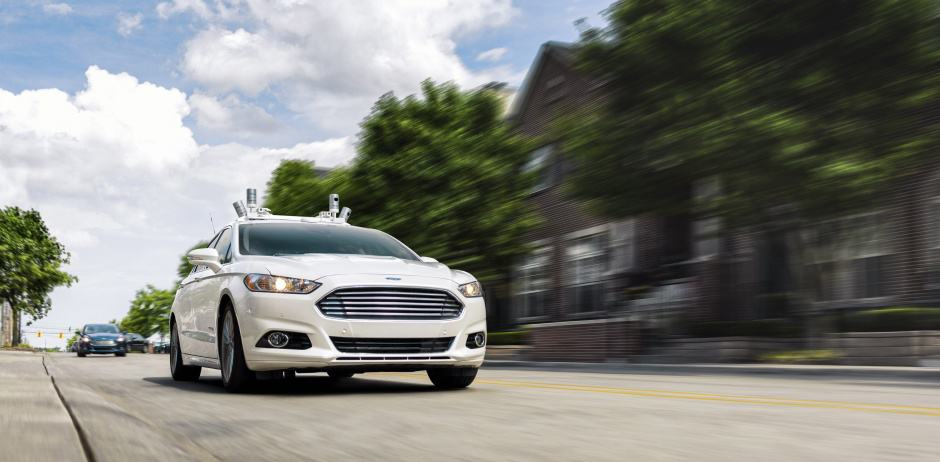 Jon Excell
Jon Excell
Editor
Ford’s announcement that it plans to introduce fully autonomous vehicles by 2021 is a significant milestone in the rise of a technology that, until recently, was viewed as a fringe concept by all but a handful of organisations.
As we’ve frequently reported, autonomous driving has gathered significant momentum in the past few years.

Most of the world’s major carmakers now have some form of autonomous “roadmap”, and the emergent interest of non-traditional firms like Google and Tesla has added momentum to the pace of technology development.
But such a bold statement of intent from Ford - arguably the world’s most well-known automotive brand, and the company that pioneered the era of the affordable vehicle - pushes the driverless dream into new territory.
According to an announcement made this week (August 2016) the firm plans to begin volume production of a fully autonomous vehicle by 2021. And when it says fully autonomous, it means fully autonomous. The vehicle in question, which will be underpinned by strategic investments in algorithms, 3D mapping, LiDAR sensors, and radar and camera sensors, won’t even have a steering wheel, accelerator or brake pedal.
Commenting on his company’s autonomous ambitions, Ford CEO Mark Fields said: "The next decade will be defined by automation of the automobile, and we see autonomous vehicles as having as significant an impact on society as Ford's moving assembly line did 100 years ago."
Significantly, the vehicle, which is being developed at Ford’s research facility in Palo Alto, California, is being specifically designed for commercial ride-sharing services rather than for private ownership – a move that has possibly been inspired by the growing popularity of ride-sharing services such as Uber or Lyft.
"We see autonomous vehicles as having as significant an impact on society as Ford's moving assembly line did 100 years ago"Mark Fields, CEO, Ford
Ford’s stated ambition to make all this happen in just five years time is undoubtedly a bold one. And the very fact that a firm of its pedigree is unafraid to express this ambition is a potent indicator of how serious the sector is about autonomy.
However it remains to be seen how Ford’s radically disruptive vision will actually go down with consumers.
While the steady march of semi-autonomous driver–assistance systems that have appeared on production vehicles in recent years have been reasonably well-received, anecdotal evidence – and reader response to our regular articles on the topic – suggest that full autonomy will be a tougher nut to crack acceptance-wise.
The car industry appears to have done a great job of solving some of the key technical challenges and convincing itself that the driverless car will be king. Its biggest challenge in the years ahead will be convincing consumers.




IEA report claims batteries are ‘changing the game’
Oh I don't know. The typical waiting time outside of A&E for admitting patients would give them plenty of time to recharge … ?